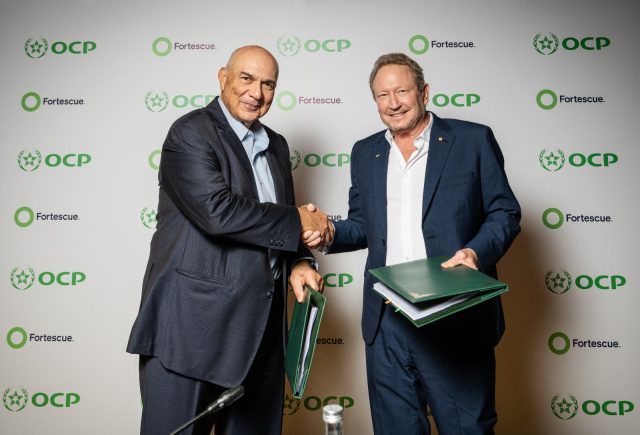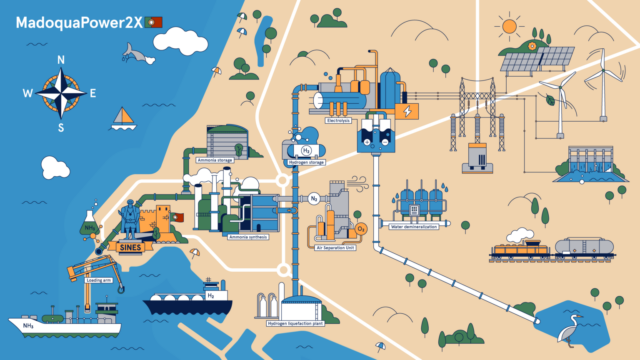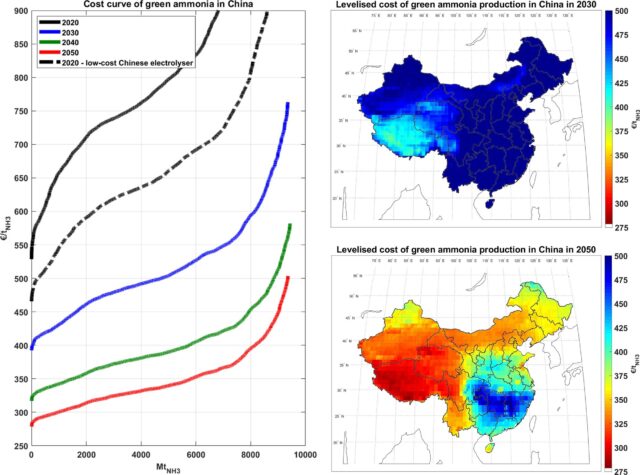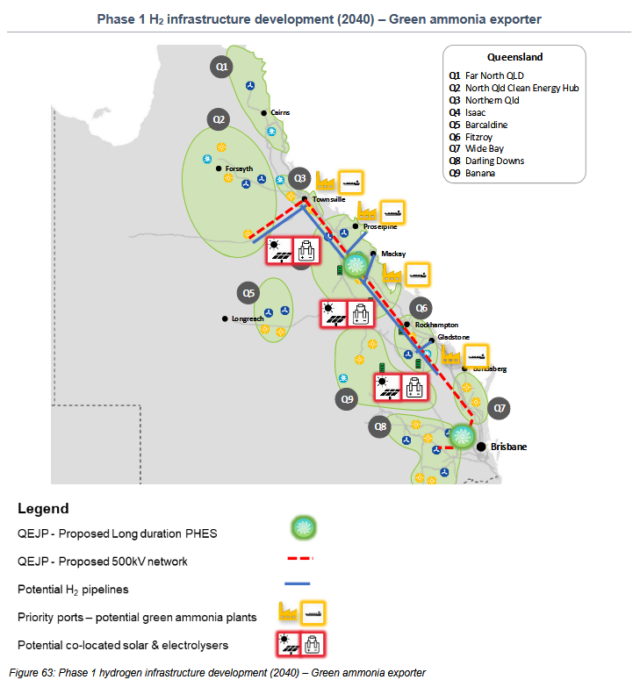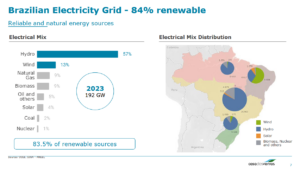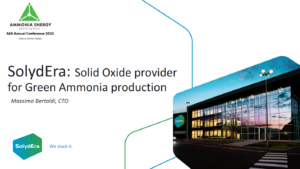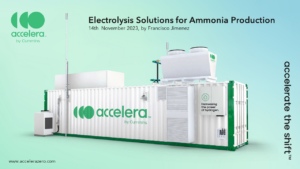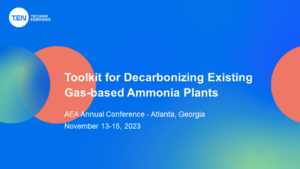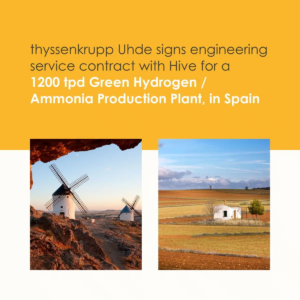The first section of the presentation will cover the current technology status of electrolysis with a special focus on industrial and large-scale plants. It will explain different electrolyzer plant configurations according to project size to be used as reference for existing Ammonia plants and different integration capacity. The second part of the presentation will cover main technical and commercial considerations that need to be considered in integrating electrolysis to decarbonize existing gas ammonia facilities, such as: electrolysis integration, impact of the renewable power source, SMR flexibility, auxiliary systems to consider, land availability, O&M considerations, technology scale up, etc.
